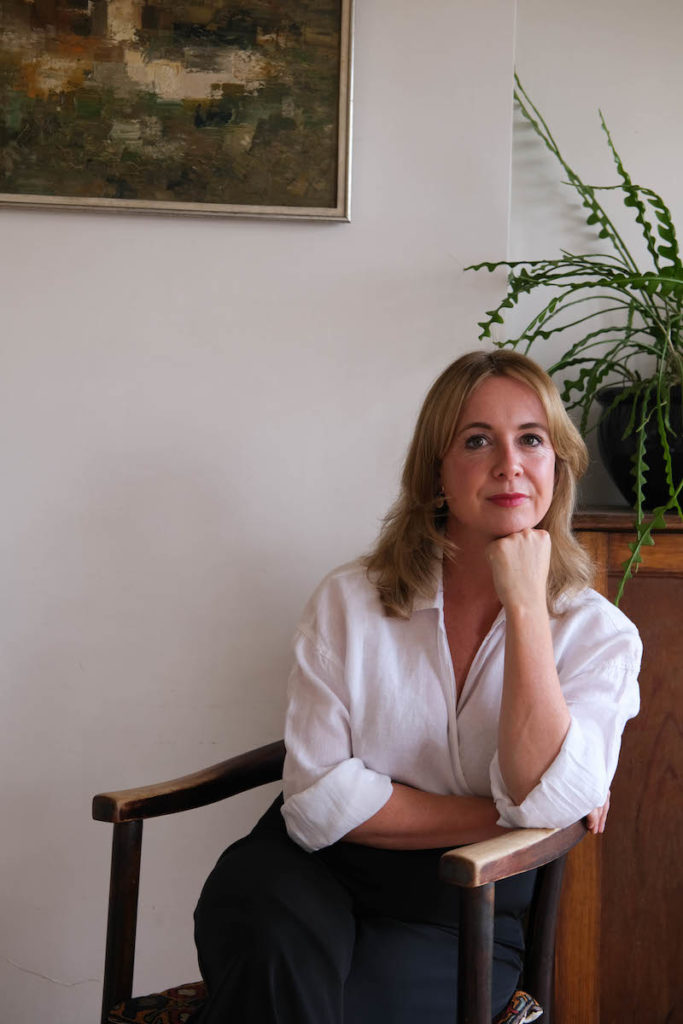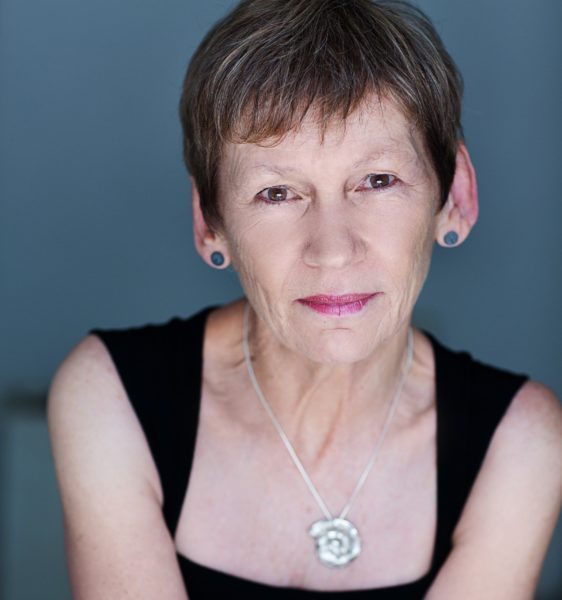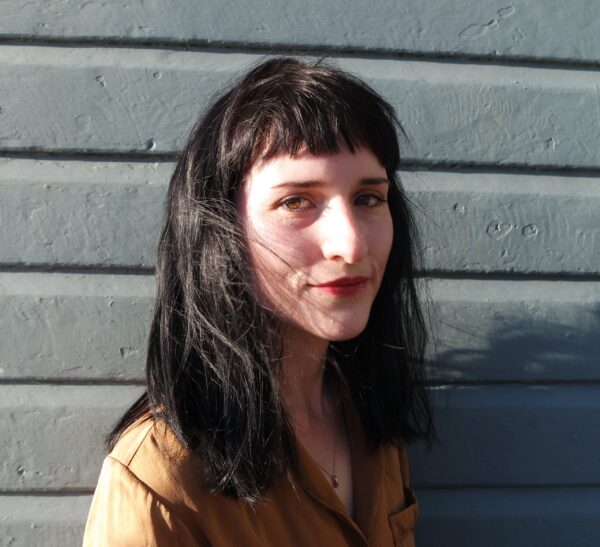
Rebecca Giggs, course leader for Writing Creative Nonfiction, spoke about the rhythm that her work seems to follow and how she replenishes inspiration.
I find that my work naturally follows a 6-8 week cycle of dedicated effort, followed by a 1-2 week patch when nothing of any value gets made. Over time I’ve come to see this as the rise and fall of some limited (but replenishable) reserve of optimism. Once it’s exhausted, I’m better off accepting that my willpower is low and, for about a week, I’ll have only an antagonistic attitude towards what I have on the page. There’s a window where I ought to just shut the document, take in inspiration and perhaps have a useful conversation with a mentor. But it can be hard to accept this rhythm if your optimism runs out before you’ve come to the finish line of what you’re working on.
Right now I am toggling between an essayistic part of my manuscript and a piece of profile writing, and neither will be done soon I’m sorry to say. Plus, I’ve just submitted a big grant application. It’s been a busy time.

Kristina Olsson, co-leader of Writing a Novel in Brisbane, has enjoyed two weeks at Varuna. There she found the opportunity to sink into her work, inspired by the surroundings, the food and the conversations with other writers.
I’ve been lucky enough to spend two weeks of the break at Varuna in the Blue Mountains, a haven for writers, with the chance to really sink into the work without interruption. I’ve also enjoyed walks around the spectacular escarpment, conversations with other writers, and brilliant dinners delivered to the table, surrounded by books and with a fire flickering beside us. Everyone agrees that our word count doubles in this environment, despite the distractions of Katoomba and its coffee, bakeries, and wine bars.
I’ll be back in the saddle next week, teaching fiction in Brisbane and hearing from the brilliant students we have this year, along with my fabulous co-teacher, Emily O’Grady, who was recently shortlisted for the Stella. Only the best here at Faber…

Gretchen Shirm, course leader for Writing a Novel in Sydney, has reached the second draft stage in her novel, working title Sugar Dreams. She says ‘…the changes are getting smaller and more finicky…’.
I’m working on a manuscript with the working title Sugar Dreams — which is a novel I didn’t expect to write at all, but which draws on an experience I had with an unexpected illness and I felt I had to get it out of me and down onto the page. I did try to write an essay about what I experienced, but found that I couldn’t write about it that way. The only way I could capture the extremes of what I went through was in fiction, because it gave me the levers I needed to be able to record the emotional impact of my experience. It’s only through the formal liberties that fiction granted me that I could really make any sense of everything.
I’ve reached that phase of the writing that’s really difficult. Maybe this is my second draft and I can feel myself slowing down somewhat — the changes are getting smaller and more finicky, the questions are more about where the emphasis is placed rather than what happens. I’m getting ready to show it to a trusted reader, but I want it to be in the best state it can be before it goes out. This is a very difficult phase, because it’s less ‘fun’ and it’s easy to submit to distractions, but I’ve been using my break to work as much as I can on getting it into shape. I’m hoping the break from it will make me more enthusiastic when, armed with feedback, I jump back in.

Emily O’Grady, co-leader of Writing a Novel in Brisbane and Stella shortlistee for her fabulous novel Feast, has been freed from her commitment to MAFS (!) and is reading widely, with a new morning routine.
The latest season of Married at First Sight came to an end at the beginning of the break, freeing up my evenings to work. I read more than I wrote—Loved and Missed by Susie Boyt and The Anniversary by Stephanie Bishop were highlights—but also started a routine of rising early to walk my dog, Patti Mayonnaise, along the river, then settling down for a few hours to write in a cafe once Patti M is knackered enough to sleep at my feet.
John Richards, 2021 alumnus of Brisbane’s Writing a Novel course, launched his debut book, The Gorgon Flower, at Avid Reader in April. It was a terrific night, attended by past and present Faberians, and it was such a treat to celebrate John’s remarkable collection. The title takes its name from the eerie novella at the centre of the book, which John worked on during his time at Faber. Imaginative, strange, and beautifully written, I would be recommending this book to absolutely everyone even if I wasn’t his former tutor!